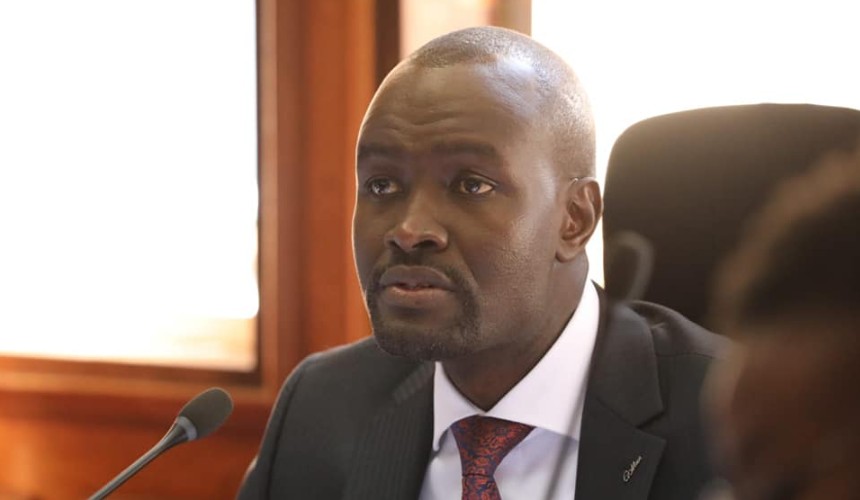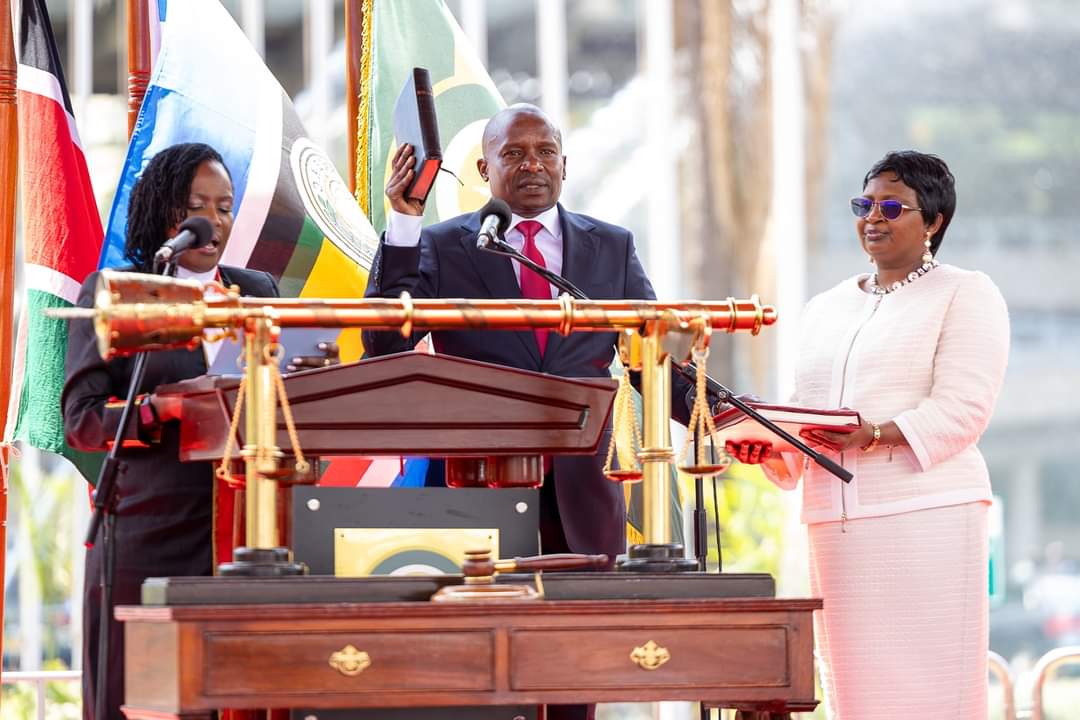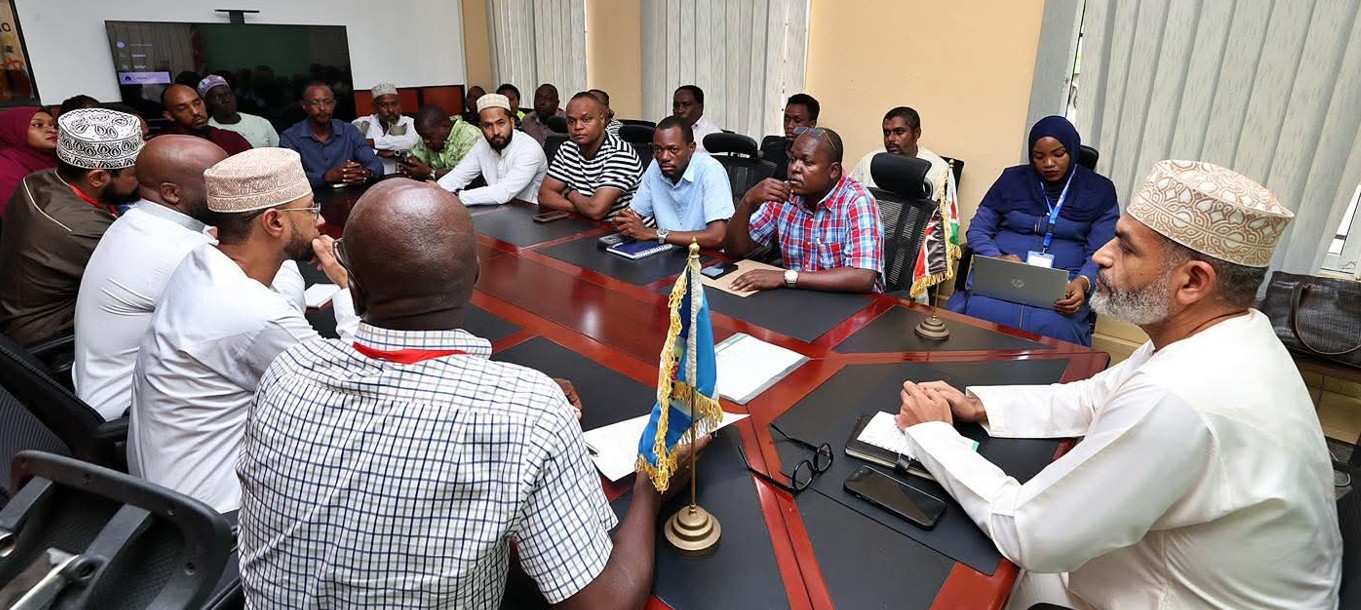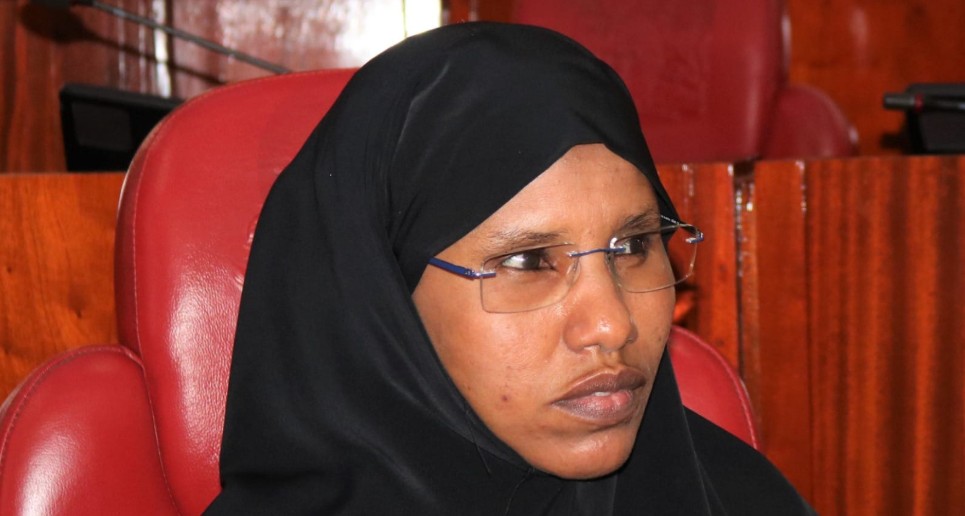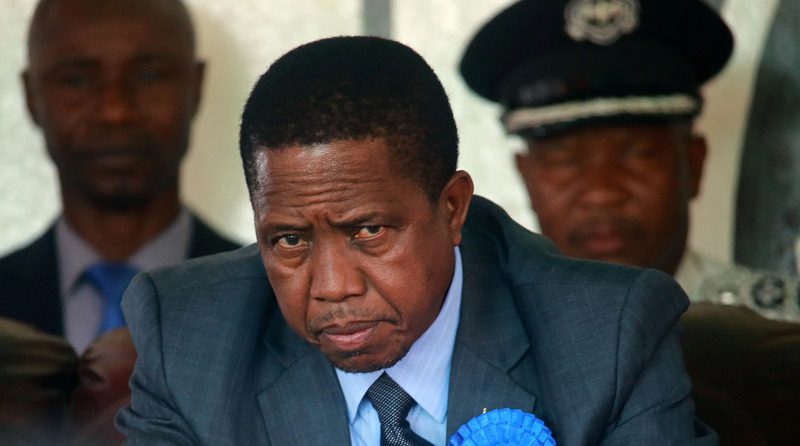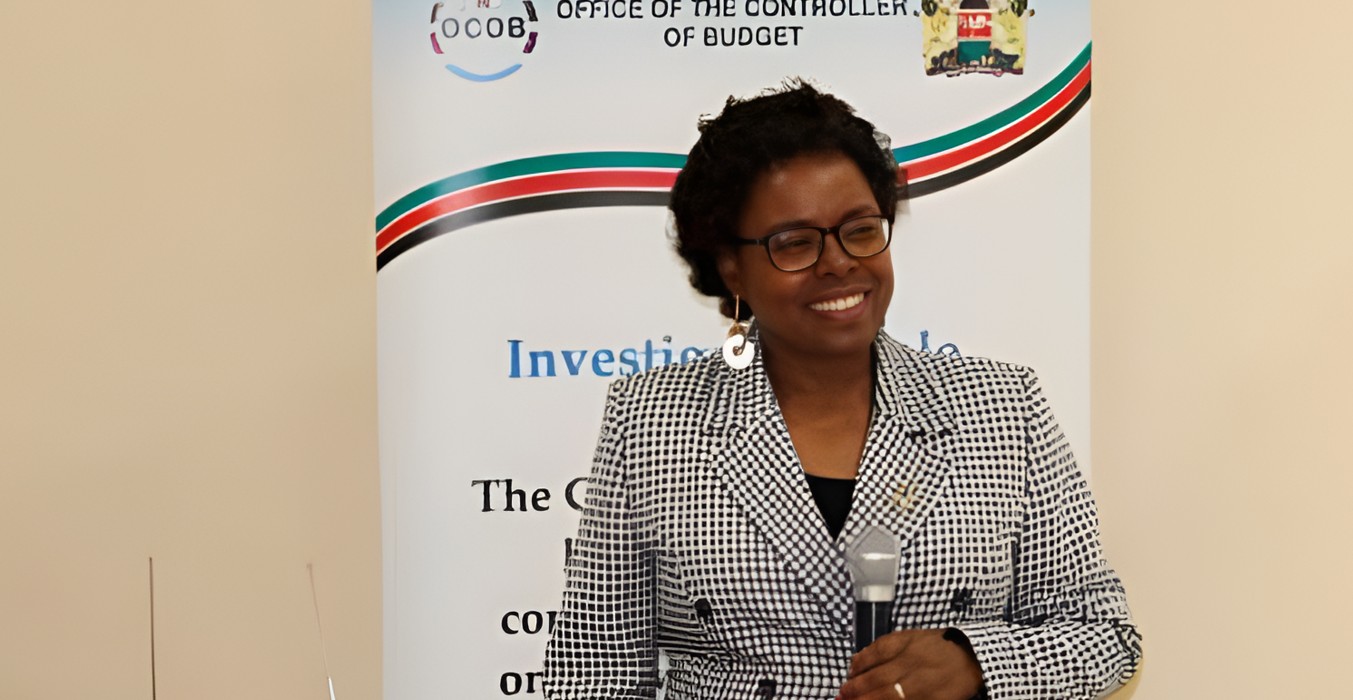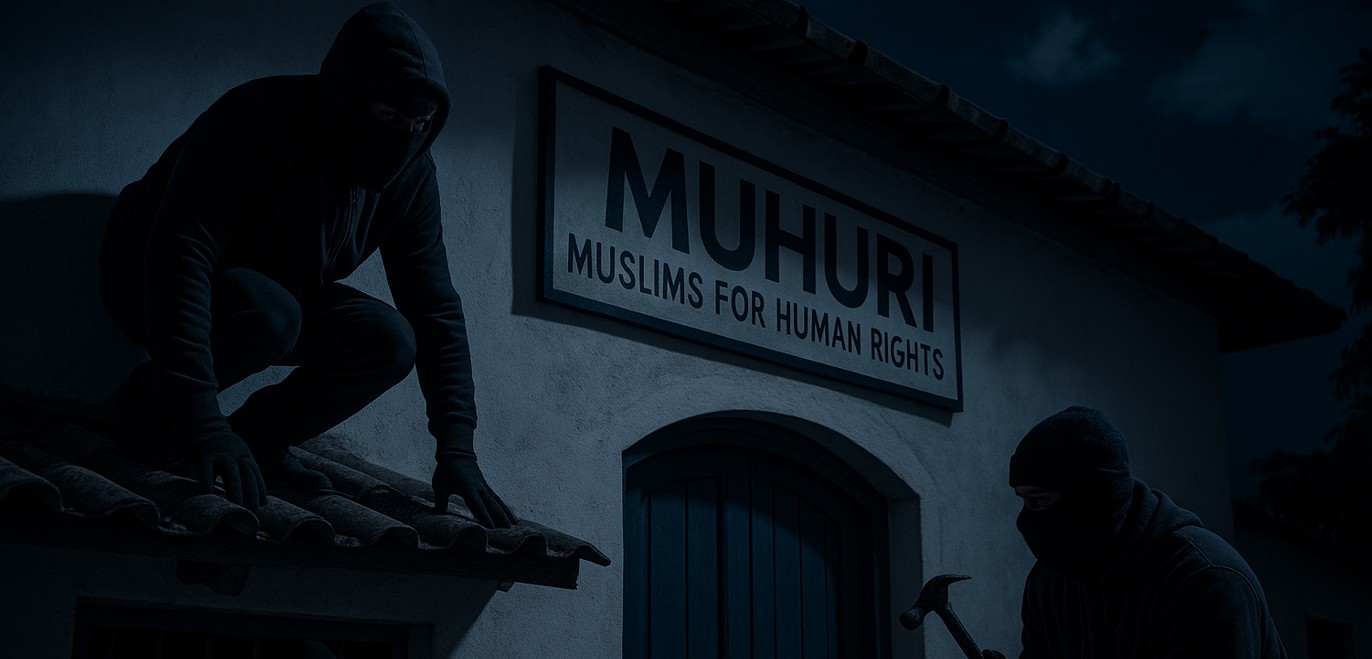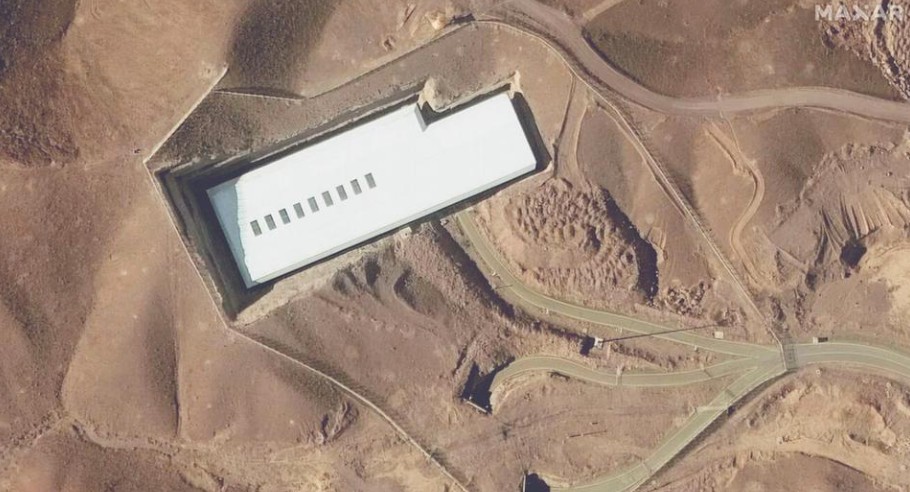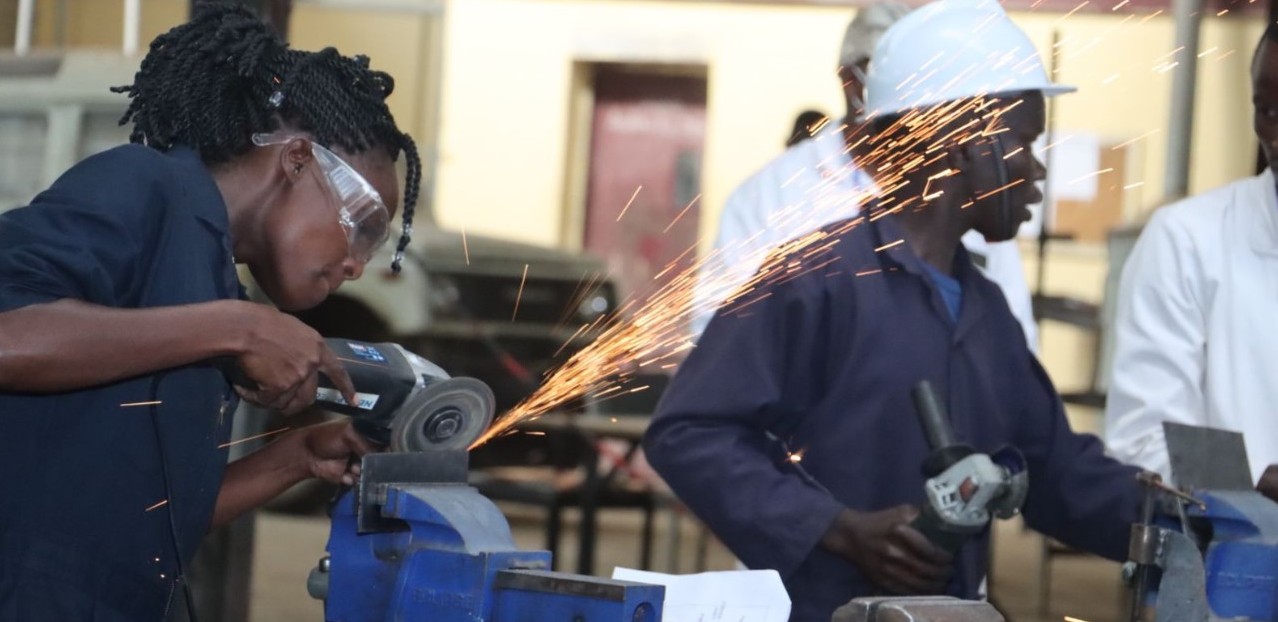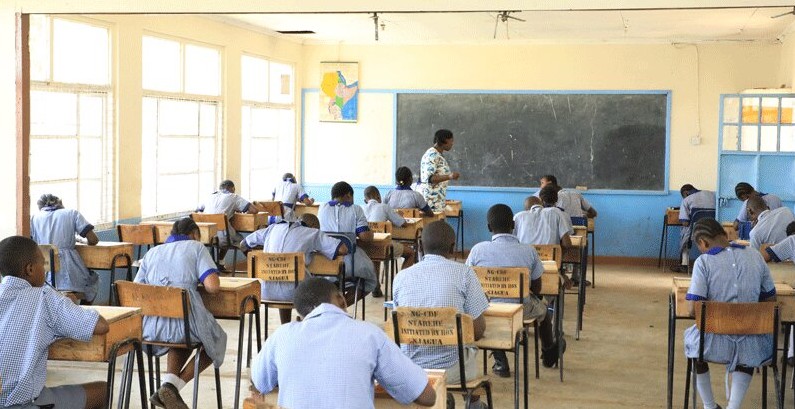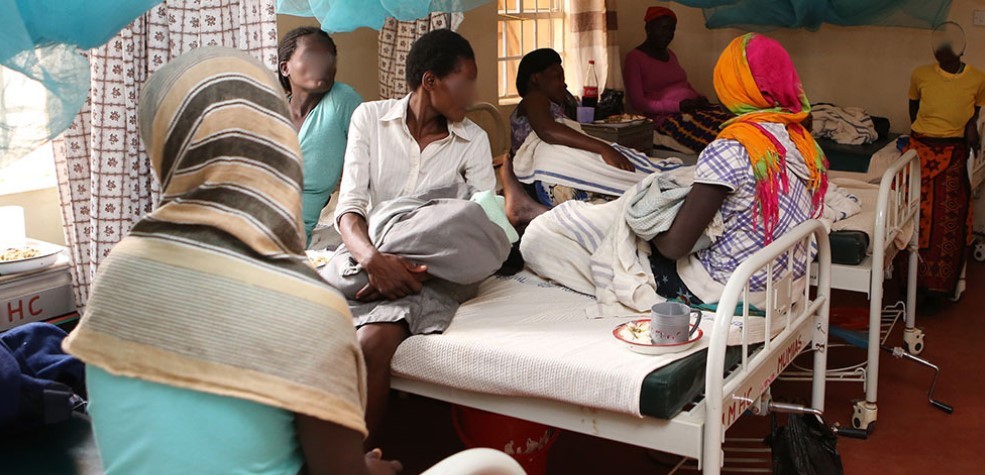Gaza food aid levels at ‘breaking point’ -UN
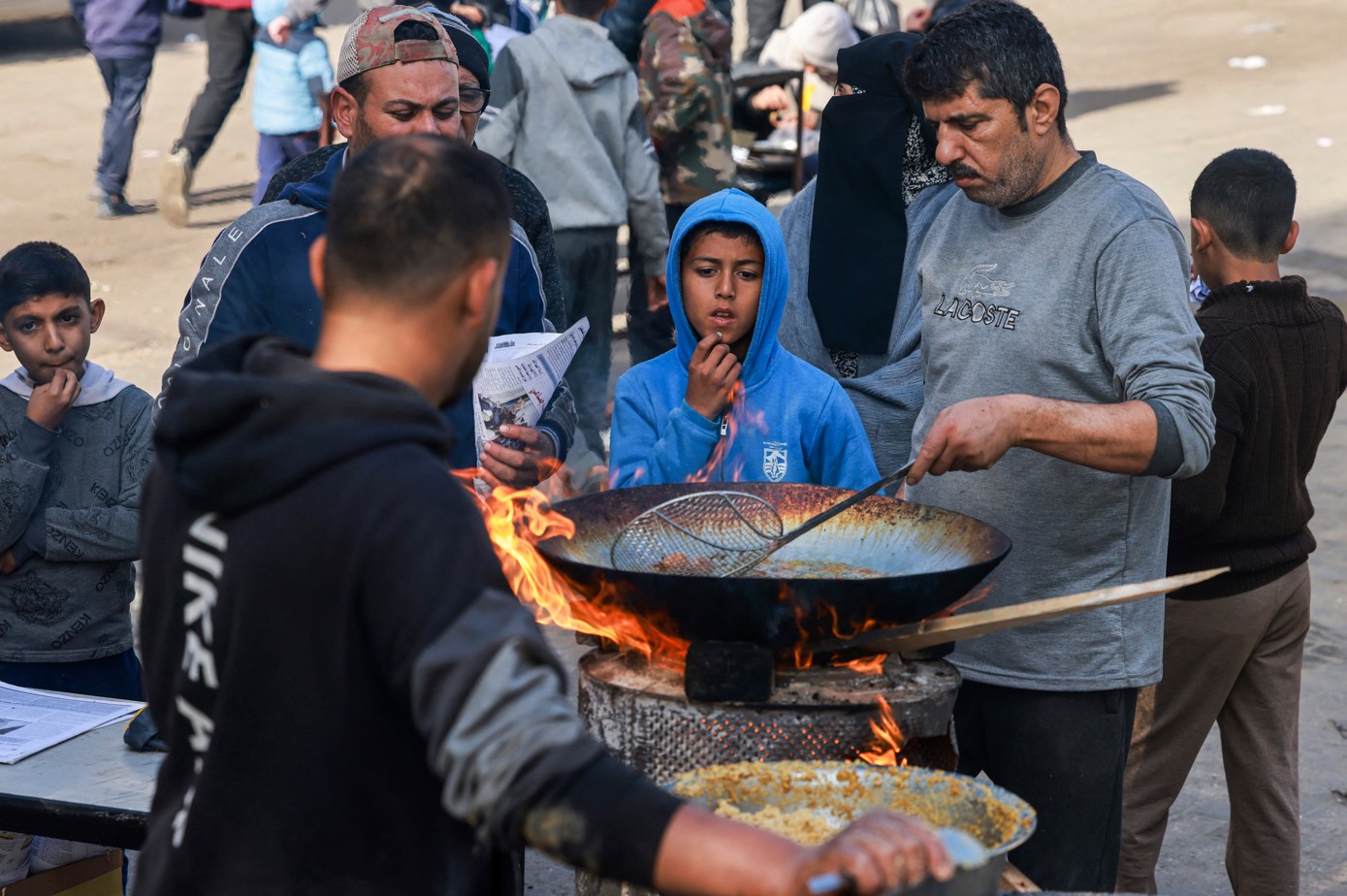
WFP distributed its last remaining food stocks in the north to partners and kitchens sheltering newly displaced families, but these are barely enough to last two weeks.
Aid entering the Gaza Strip is at its lowest level in months, and both the north and south of the enclave are at "breaking point", UN humanitarians said on Friday.
Critical aid lifelines into northern Gaza have been cut off, and no food aid has entered there since October 1, said UN deputy spokesperson Farhan Haq, citing information from the World Food Programme (WFP).
More To Read
- Israel 'in breach' of EU's human rights obligations, foreign policy arm says
- UNICEF warns children may begin to die of 'man-made drought' soon in Gaza
- Children in DRC, Somalia, Nigeria bore brunt of war in 2024 - UN
- IOM sounds alarm over suspension of life-saving transport in South Sudan
- UNICEF sounds alarm as Ethiopia faces deadly disease outbreaks amid critical funding gap
- New push to rehabilitate street families as population census begins June 29
The main crossings into the north have been closed and will be inaccessible if the current escalation continues, he added.
WFP distributed its last remaining food stocks in the north to partners and kitchens sheltering newly displaced families, but these are barely enough to last two weeks.
Many locations were forced to shut down, and others are at risk of shutting down if the conflict continues at this scale.
'At breaking point'
Haq said the situation in the south is also "at breaking point". No food distributions are taking place, while bakeries are struggling to secure wheat flour, putting them at risk of shutting down any day.
“Aid entering Gaza is at its lowest level in months. No one has received food parcels in this month due to constrained access of aid supplies,” he said.
Despite the challenges, humanitarians are responding as best they can. The UN agency that assists Palestine refugees, UNRWA, and partners are distributing bread, ready-to-eat or cooked meals, and flour, in and beyond designated shelters.
On Thursday, an assessment team from the UN Humanitarian Affairs Office, OCHA, visited the school-turned-shelter of Al Rufaida, in Deir al Balah, where an Israeli airstrike had killed multiple people.
They noted the destruction or damage to three classrooms, 20 tents, five bathrooms, three water tanks, and the belongings of more than 60 families.
Families forced to flee
The UN Children’s Fund (UNICEF) said sudden displacement orders in the north are once again affecting tens of thousands of vulnerable boys and girls. OCHA warned that most displacement is now occurring in the north, where no tents are available to support families that have been newly uprooted.
The latest developments in North Gaza governorate have forced the suspension of protection services, the closure of malnutrition treatment services, and the shutting down of five temporary learning spaces, affecting hundreds of children, while the Kamal Adwan Hospital is seeing an influx of trauma injuries.
UN humanitarians have continued to warn that the situation for civilians is getting worse as the Israeli military renews its push into the north, where some 400,000 people face evacuation orders.
Other Topics To Read
“Over the last week, the Israeli military has intensified operations in north Gaza, further severing the area from the rest of the Gaza Strip and risking afresh the lives of civilians in the areas,” said Ravina Shamdasani, spokesperson for the UN human rights office, OHCHR.
“Intense strikes, shelling, quadcopter shootings and ground incursions have occurred over the past days, hitting residential buildings and groups of people, causing numerous casualties and once again, mass displacement of Palestinians in the area.”
As UN aid agencies and partners prepare to roll out the second phase of the mass polio vaccination campaign next week, the World Health Organisation (WHO) Representative for the Occupied Palestinian Territories, Dr Rik Peeperkorn, underscored the impact of a chronic lack of humanitarian access to the enclave and, in particular, the north.
“Many of the hospitals in the north are running out of fuel. Most of the UN and humanitarian missions are not happening to the north. They’re running out of a few specific medical supplies and we are one year in this crisis,” Dr Peeperkorn said, as he confirmed that three relief missions north of Wadi Gaza had not made it this week.
“So, we request again…that these humanitarian missions to the north, wherever, to the south, they need to happen.”
Top Stories Today
